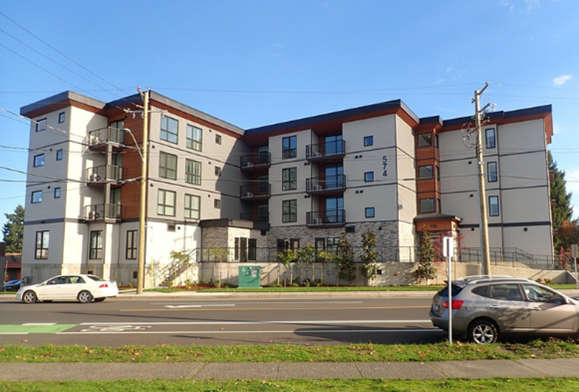
As global and national pressures persist, the Province says British Columbia is expecting modest economic growth this year and next year.
B.C.’s updated projection shows a 2024-25 deficit of $9.4 billion, $429 million more than the first quarter forecast, mainly due to lower revenues.
According to the latest fiscal report, released Tuesday, interest rates and high prices continue to affect economic activity, particularly consumer spending and exports.
However, job and population growth remained relatively strong. B.C. led the country in GDP growth in 2023 and is projected to continue to rise in 2025 as interest rates and inflation ease.
The new finance minister, Brenda Bailey, says high costs are taking too big a bite out of people’s pay cheques, and the province is facing increased uncertainty with the threat of new tariffs on goods going into the U.S.
Bailey says they’ve started work on a plan to reduce the deficit over time; not by putting costs onto people, and not with service cuts, she says.
“We’ll do it by being careful with our budget and by growing our economy so we can pay for the services, for the infrastructure and the supports people need to get ahead and build a good life in B.C.”
B.C. will invest a projected $13.2 billion in infrastructure in the fiscal year, with four new major projects added to the report since the first quarter.
In January, the finance minister will meet with the independent Economic Forecast Council to discuss B.C.’s economic outlook ahead of Budget 2025.
The third quarterly report will be released alongside the budget on March 4th.To learn more, visit Government of British Columbia.


 Park-And-Fly Options Urged As Holiday Travel Picks Up
Park-And-Fly Options Urged As Holiday Travel Picks Up
 19 Wing Comox To Attain New Apartment Building For CAF Housing
19 Wing Comox To Attain New Apartment Building For CAF Housing
 New Modular Units Expand Homewood Supportive Housing In Campbell River
New Modular Units Expand Homewood Supportive Housing In Campbell River
 Speculation And Vacancy Tax Bringing More Homes To Market
Speculation And Vacancy Tax Bringing More Homes To Market
 Campbell River Shoebox Project Wraps Up Holiday Campaign
Campbell River Shoebox Project Wraps Up Holiday Campaign
